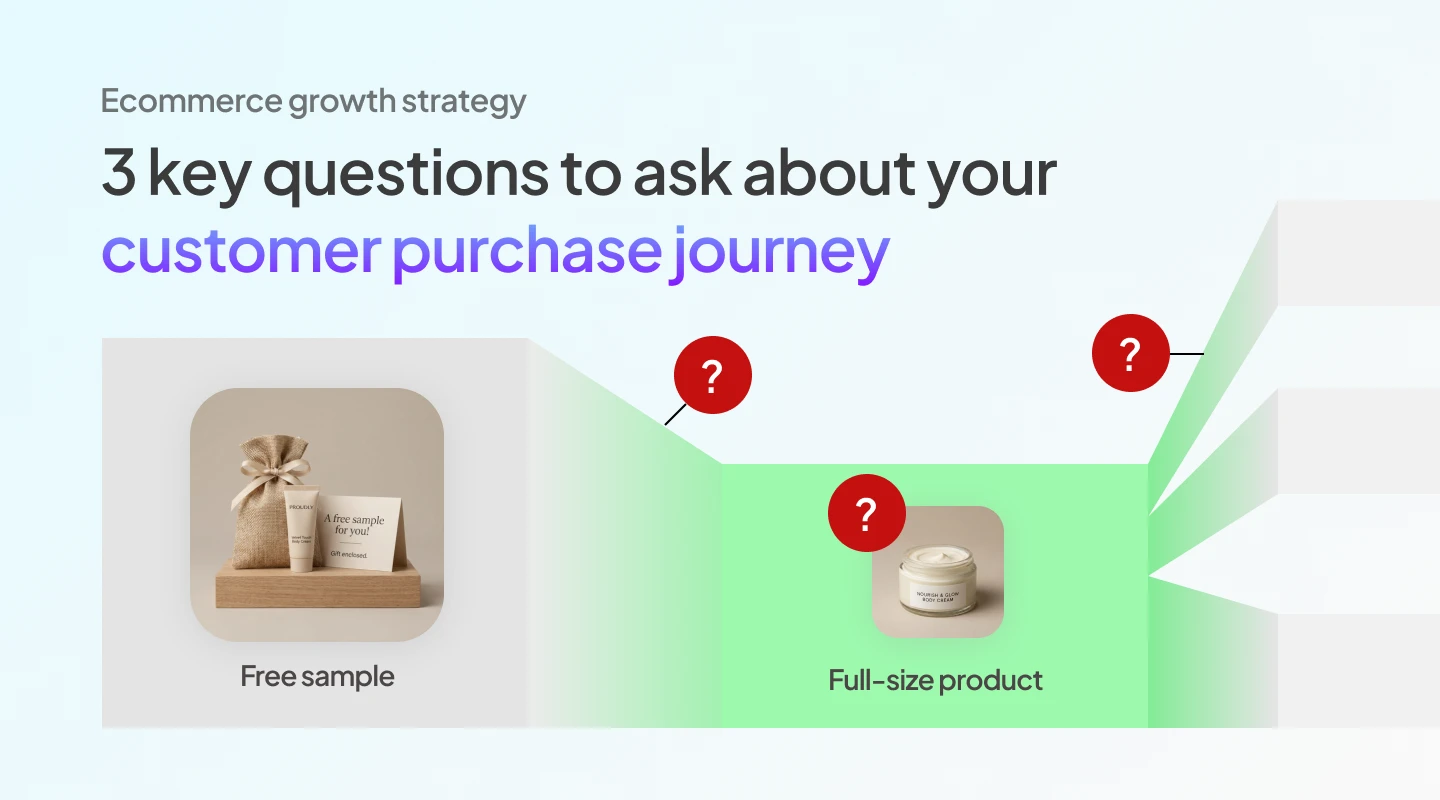
At Tresl, we've spent years helping Shopify brands turn their customer data into actionable insights with Segments Analytics. Throughout this journey, one crucial realization stood out: while powerful analytics tools provide incredible value, many commerce businesses simply need easier, streamlined ways to manage essential tasks—especially tagging customers, products, and orders.
After speaking directly with several Shopify stores, we consistently encountered the same pain points. Teams felt trapped in endless manual tagging loops, draining valuable time and resources that could be better spent growing their business, improving customer experiences, or enhancing products.
We knew immediately there had to be a better, smarter solution. That’s why we created FilterTag.
The Real Problem We Saw
Shopify merchants consistently shared frustrations about tagging tasks: straightforward tasks turned into complex, inefficient processes that consumed hours weekly and resulted in messy, unreliable tags.
Here's the feedback we heard repeatedly—and why we set out to resolve these issues:
1. Limited Customer Segmentation Capabilities
Manual tagging struggles to keep up with evolving customer segments and lifecycle stages, limiting the ability to effectively leverage customer data. This slows targeted email marketing and weakens customer retention strategies.
2. Manual Tagging Consumes Time and Resources
Businesses waste entire workdays each month manually tagging customers, products, and orders based on various criteria. The labor and time invested divert attention from strategic initiatives and increase operational costs.
3. Inconsistent and Messy Tagging
Inconsistent spelling, outdated keywords, and missed product attributes such as "organic" or "recycled" create confusion. The lack of clear tagging criteria results in unreliable tags, negatively affecting operational efficiency and product visibility.
4. Poor Product Discoverability
Customers face frustrating shopping experiences due to outdated tags or incorrect availability statuses, such as out-of-stock items remaining visible. Poorly managed tagging reduces conversions and negatively impacts customer behavior.
5. Absence of Smart Automation
Teams expressed the need for intelligent tagging systems that proactively suggest relevant tags, dynamically update tags based on changing customer behavior and product data, and handle bulk updates easily—without extensive developer support.
We understood that a streamlined, intelligent solution was urgently needed.
Who We Built FilterTag For
FilterTag is specifically designed for commerce brands who:
- Desire efficient, intuitive, and powerful tagging solutions.
- Need simplicity without sacrificing flexibility or control.
- Are ready to replace repetitive, manual tasks with smart automation.
From rapidly scaling businesses to smaller teams seeking more control and consistency, FilterTag empowers commerce brands with automated tagging solutions designed for ease of use and effectiveness.
What Makes FilterTag Different
We built FilterTag to solve these tagging challenges with these key features:
✨ AI-powered Shopify customer tag
Simply describe your target customer segments, and FilterTag AI converts your input into precise filters automatically.

🏷️ AI-powered product tagging
FilterTag AI learns from your existing tags and generates tagging suggestions for products that perfectly match your style—saving hours of manual tagging.

🔄 Daily updates
Tags are refreshed daily, ensuring customer and product tags always reflect the most current data.

📦 100+ Advanced filters & Built-in templates
Customer tagging filters and templates for popular use cases like RFM (recency, frequency, monetary), CLV (customer lifetime value), lifecycle stages, and over 50 other scenarios.

✅ Built for Shopify
Directly integrated within your Shopify admin dashboard—no additional platforms or complicated interfaces.

Effortless by Design
FilterTag delivers a tagging experience as easy as chatting with an assistant:
- Natural language input: Tag customers and products effortlessly by describing your tagging criteria in everyday language.
- AI-driven learning: FilterTag AI observes and adapts to your tagging behavior, ensuring suggested tags align closely with your preferences.
- Automatic daily runs: Configure tagging tasks once, and FilterTag manages tagging daily, hands-free.
- Historical backdating: Comprehensive backfilling of existing products and customer data is included, ensuring consistent and up-to-date data from day one, at no additional cost.
What We Hope You’ll Gain
Our goal with FilterTag is simple yet powerful:
- You reclaim valuable time previously wasted on repetitive manual tasks.
- You achieve consistent, trustworthy tagging, improving your store’s overall customer experience and marketing effectiveness.
- You effortlessly gain control and clarity over your customer data without complexity or high costs.
FilterTag supports our future vision: empowering commerce brands, regardless of size or resources, to become effortlessly data-driven and efficient—letting AI handle the manual work, so you can focus on growing your business.
Try FilterTag Today
Ready to say goodbye to tagging headaches? FilterTag is available right now on the Shopify App Store. Start automating your tagging with plans available from free.







